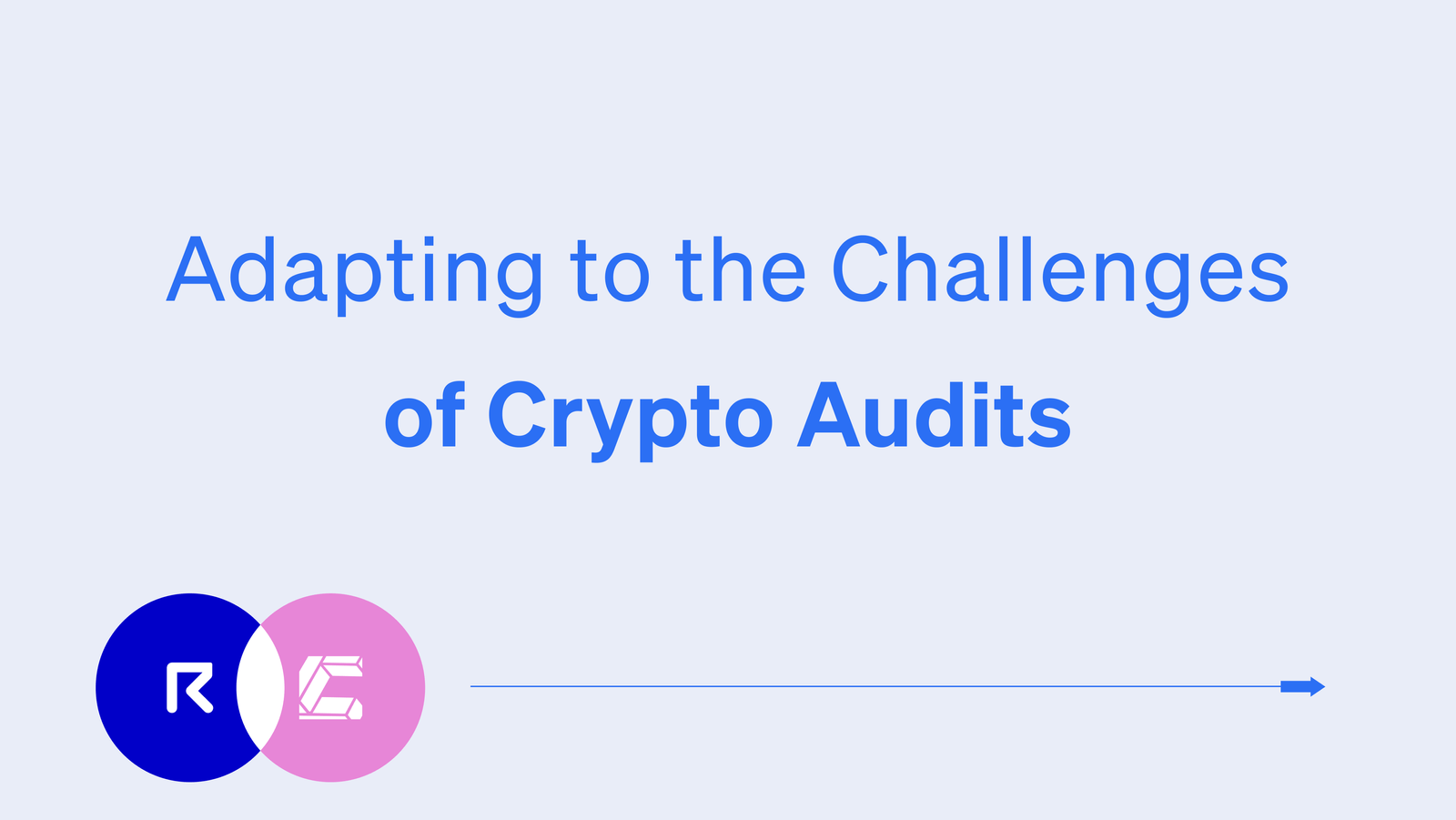Today's increasingly digital business environment has brought with it a surge in deception and fraud.
According to a recent report by Immunefi, cryptocurrency losses due to cyber theft skyrocketed to $3.7 billion in 2022, marking a 58% increase from the $2.3 billion stolen in 2021.
It’s important to know who you're dealing your crypto transactions with.
Without proper verification, you're not merely risking a business deal; you're exposing your entire operation to significant financial and reputational risks.
One such measure is the need for robust verification processes like Know Your Business (KYB), a process that plays a critical role in ensuring the legitimacy and security of these transactions.
This guide aims to provide an in-depth look at what KYB is, how it works, and why it's essential for Crypto-to-Fiat (C2F) transactions.
What is KYB?
KYB, short for Know Your Business, is a critical verification process designed to authenticate the identity and legitimacy of a business before entering into any professional dealings.
By collecting and scrutinizing details about a business, including its ownership structure and key decision-makers, financial institutions, and other service providers can significantly reduce the risk of becoming entangled in fraud, money laundering, or terrorist financing schemes.
It’s part of a broader compliance framework that also includes Anti-Money Laundering (AML) regulations.
While AML is geared towards monitoring transactions to identify illegal activities, KYB zeroes in on the business entity itself. It mandates the submission of comprehensive information about the business, such as its organizational structure, directors, and Ultimate Beneficial Owners (UBOs).
The importance of KYB became evident when the Financial Action Task Force (FATF) updated its guidelines in 2006 to include business verification measures.
Initially, the focus had been on Know Your Customer (KYC) protocols, which were aimed at individual clients. However, it soon became clear that businesses were not immune to financial crimes. To address this, FATF emphasized that financial institutions needed to identify and verify their corporate clients as well.
How does KYB work?
The KYB process is designed to build a strong foundation of trust and compliance by thoroughly vetting the businesses you engage with.
There are several key components in the KYB process:
Business verification: The first step is to confirm the business's existence and legitimacy. This involves collecting a range of documents and details, including:
- Basic business identification information
- Certificate of Incorporation
- Shareholder Registry
Ownership structure analysis: Understanding the organizational hierarchy is crucial.
To identify the beneficial owners of the business, it often involves going beyond the surface to look at shareholding patterns, control structures, and other relationships and affiliations.
Sanctions and watchlist screening: The business and any of its key stakeholders are checked to see if they appear on sanctions or watchlists maintained by national or international authorities.
This is a critical step in ensuring that the business does not have entities involved in illegal activities.
Risk assessment: This involves evaluating the potential risks associated with the business based on various factors like the industry it operates in, its jurisdiction, and its financial stability.
It's important to note that KYB is not a one-off task.
Providers having an obligation to carry out KYB are mandated to conduct ongoing monitoring of their business clients. They’ll need to regularly update records and perform periodic checks to ensure continued compliance with all relevant regulations.
There’s a better way.
Fast, Compliant, Scalable.
Your Finance Ops HQ, ready when you are.
Why is KYB important for C2F transactions?
Regulatory compliance
All off-ramps require some form of anti-money laundering (AML) safeguards, and non-compliance with AML and KYB regulations can result in hefty fines.
Between 2008 and 2018, companies were hit with $26 billion in fines for non-compliance with AML rules.
According to a report by Globalscape, businesses lose an average of $4 million due to inadequate investment in KYB compliance.
Hefty fines emphasize the need for strict adherence to regulatory guidelines, while also highlighting the widespread nature of financial crimes.
KYB is an integral part of AML compliance and customer due diligence.
By implementing robust KYB procedures, businesses involved in C2F transactions can not only meet regulatory mandates but also provide an added layer of security for their users, protecting them from the ever-present risks of financial crimes.
Risk mitigation
Crypto-to-Fiat (C2F) services are gateways where users transition between fiat currencies and crypto.
Given the 25% surge in fraud-related crimes in 2022 compared to the previous year, overlooking KYB procedures is a perilous gamble.
KYB acts as a safeguard at this vital intersection, ensuring that businesses are who they claim to be and are involved in legitimate transactions.
By rigorously verifying the identity and legitimacy of our business clients, you can effectively gauge and minimize the risks tied to potentially fraudulent or high-risk parties on Request Finance.
Building customer trust
B2B crypto payments are being transformed for the better.
While the speed and cost-efficiency of crypto payments offer undeniable advantages for your business, they also create new avenues for fraudulent activities.
It's crucial, therefore, to choose a crypto payment processing platform that prioritizes robust KYB procedures. This ensures that you're operating within a compliant and secure financial ecosystem.
When you off-ramp through Request Finance, you can do so with complete peace of mind.
We mandate that all businesses undergo a comprehensive KYB verification process, provided by Request Technologies, to access the Crypto-to-Fiat feature.
See how 2,000+ businesses trust Request Finance to process their crypto payments. Schedule a consultation today.







